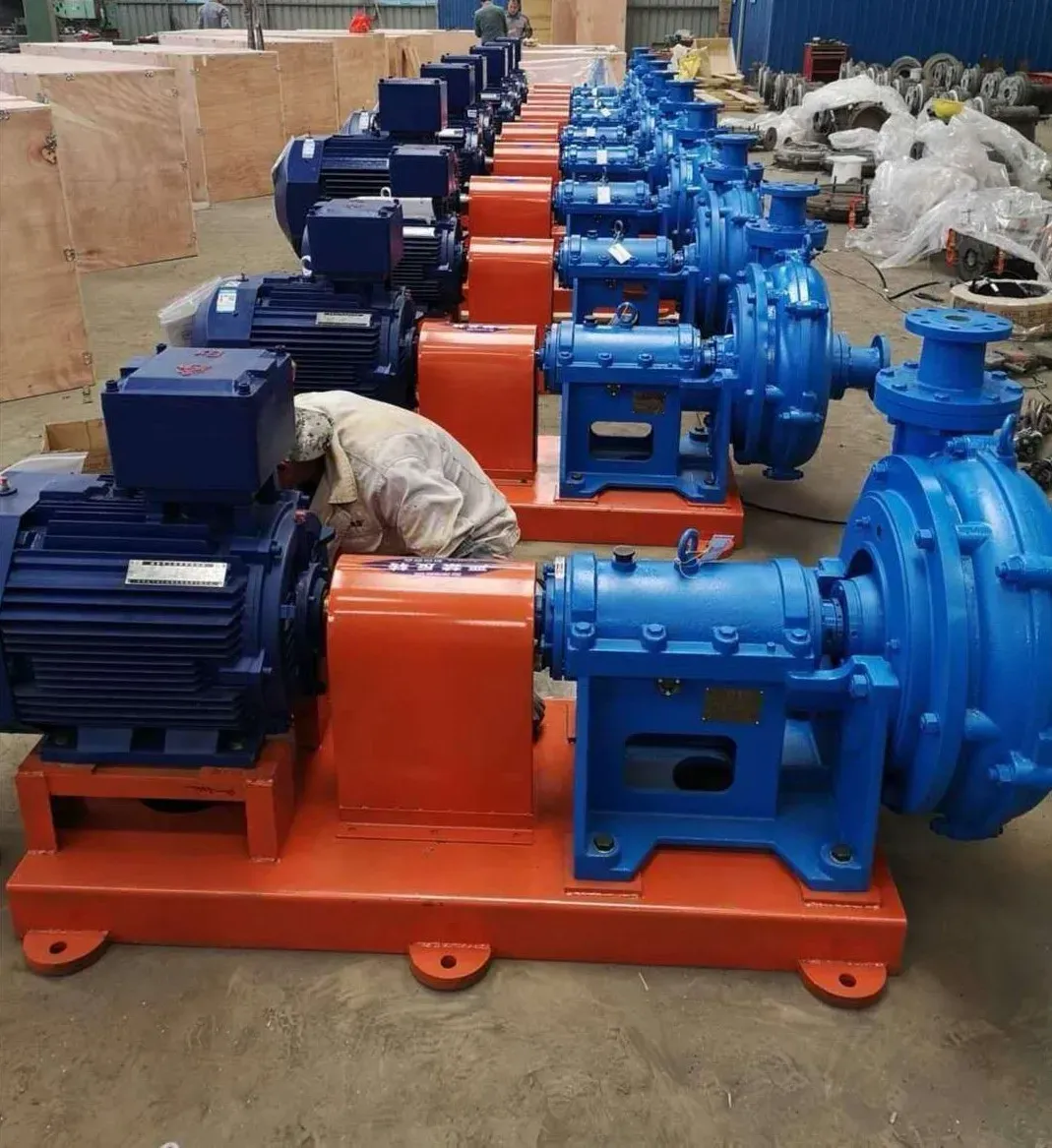English
- Afrikaans
- Albanian
- Amharic
- Arabic
- Armenian
- Azerbaijani
- Basque
- Belarusian
- Bengali
- Bosnian
- Bulgarian
- Catalan
- Cebuano
- Corsican
- Croatian
- Czech
- Danish
- Dutch
- English
- Esperanto
- Estonian
- Finnish
- French
- Frisian
- Galician
- Georgian
- German
- Greek
- Gujarati
- Haitian Creole
- hausa
- hawaiian
- Hebrew
- Hindi
- Miao
- Hungarian
- Icelandic
- igbo
- Indonesian
- irish
- Italian
- Japanese
- Javanese
- Kannada
- kazakh
- Khmer
- Rwandese
- Korean
- Kurdish
- Kyrgyz
- Lao
- Latin
- Latvian
- Lithuanian
- Luxembourgish
- Macedonian
- Malgashi
- Malay
- Malayalam
- Maltese
- Maori
- Marathi
- Mongolian
- Myanmar
- Nepali
- Norwegian
- Norwegian
- Occitan
- Pashto
- Persian
- Polish
- Portuguese
- Punjabi
- Romanian
- Russian
- Samoan
- Scottish Gaelic
- Serbian
- Sesotho
- Shona
- Sindhi
- Sinhala
- Slovak
- Slovenian
- Somali
- Spanish
- Sundanese
- Swahili
- Swedish
- Tagalog
- Tajik
- Tamil
- Tatar
- Telugu
- Thai
- Turkish
- Turkmen
- Ukrainian
- Urdu
- Uighur
- Uzbek
- Vietnamese
- Welsh
- Bantu
- Yiddish
- Yoruba
- Zulu
Telephone: +86 13120555503
Email: frank@cypump.com
Aug . 30, 2024 01:11 Back to list
Reliable Sewer Injection Pumps for Efficient Waste Management
Understanding Sewer Injection Pumps A Critical Component in Wastewater Management
Sewer injection pumps play a pivotal role in the management of wastewater systems. These specialized pumps are designed to handle sewage and other forms of wastewater, ensuring that they are effectively transported to treatment facilities. Their importance cannot be overstated, as they contribute significantly to public health and environmental protection.
At the core of their functionality, sewer injection pumps are engineered to move wastewater from lower elevations to higher ones, often across considerable distances. Unlike standard pumps, these units must deal with the unique challenges posed by both solid and liquid waste, making their design and operation critical in municipal and industrial applications. They utilize robust materials to withstand corrosive substances found in sewage, guaranteeing longevity and reliability.
One of the most critical factors in selecting a sewer injection pump is its capacity and efficiency. These pumps are available in various sizes and configurations, allowing operators to choose models that best fit their specific needs. The performance of a sewer injection pump is often measured by its flow rate and pressure capabilities. High-performance models ensure that the pumping system can handle peak loads, particularly during periods of heavy rainfall or system surges.
sewer injection pump

Moreover, modern sewer injection pumps often come equipped with advanced technology to enhance their operation
. Features such as variable speed drives, level sensors, and automated controls allow for more efficient and precise control of wastewater flow. These technologies not only improve the performance of the pumps but also contribute to energy savings and reduced operational costs.Maintenance is another crucial aspect of sewer injection pumps. Regular upkeep is essential to prevent downtime and ensure that the pumps operate at peak efficiency. This includes routine inspections, cleaning, and servicing of components such as impellers and seals. Many municipalities implement preventive maintenance schedules to address potential issues before they escalate into significant problems.
Furthermore, the installation of sewer injection pumps must adhere to specific guidelines and regulations to ensure environmental safety. Effective installation practices minimize the risk of leaks, which can have devastating impacts on local ecosystems and public health. Given the potential consequences of improper management of wastewater, it is crucial for municipalities to invest in high-quality equipment and training for personnel who operate these systems.
In conclusion, sewer injection pumps are an indispensable element of modern wastewater management. Their ability to efficiently transport sewage plays a critical role in maintaining public health and protecting the environment. As technology advances, we can expect even more efficiency and reliability from these systems, ensuring that they continue to serve our communities effectively for years to come. Whether in municipal settings or industrial applications, investing in robust, high-quality sewer injection pumps is essential for the sustainability of our wastewater infrastructure.
-
Horizontal Split Case Pump with GPT-4 Turbo | High Efficiency
NewsAug.01,2025
-
ISG Series Pipeline Pump - Chi Yuan Pumps | High Efficiency, Durable Design
NewsAug.01,2025
-
Advanced Flue Gas Desulfurization Pump with GPT-4 Turbo | Durable & Efficient
NewsJul.31,2025
-
ISG Series Vertical Pipeline Pump - Chi Yuan Pumps | Advanced Hydraulic Design&Durable Construction
NewsJul.31,2025
-
ISG Series Vertical Pipeline Pump - Chi Yuan Pumps | Energy Efficient & Low Noise
NewsJul.31,2025
-
pipeline pump - Chi Yuan Pumps Co., LTD.|High Efficiency&Low Noise
NewsJul.31,2025










